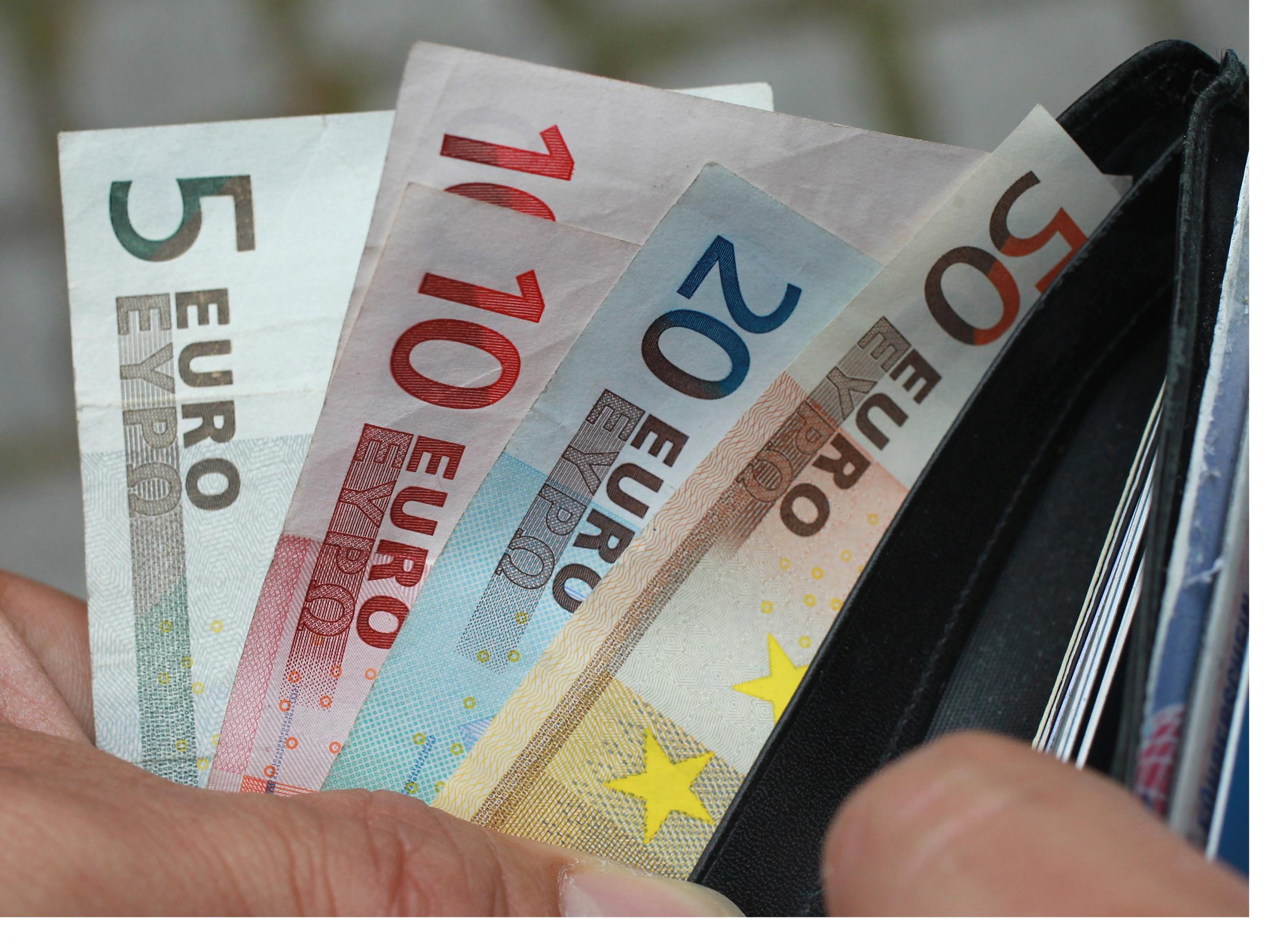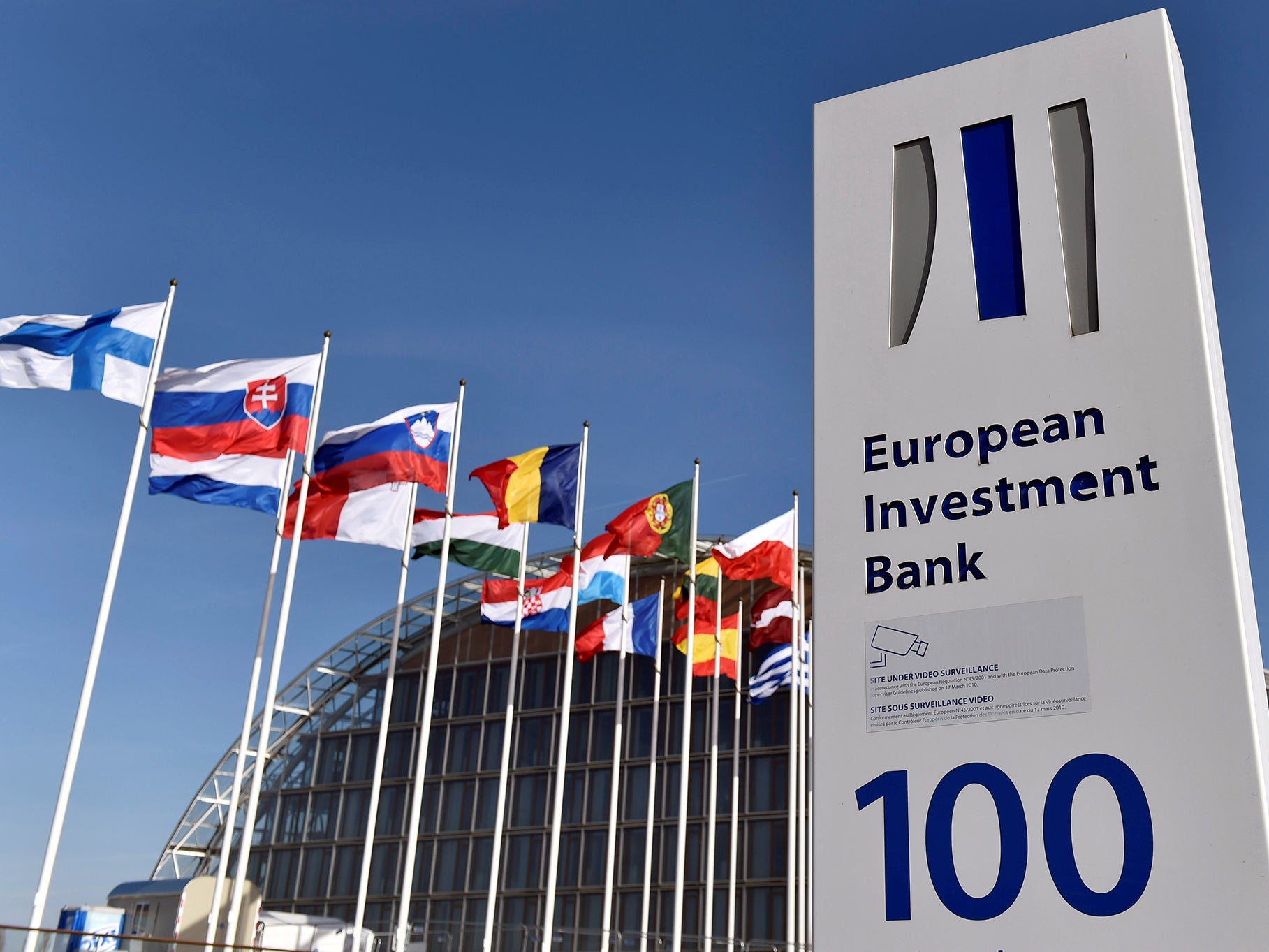EU investment bank 'will owe Britain money for 35 years after Brexit'
The bank funds infrastructure projects across the EU including in the UK

The European Investment Bank will still owe the UK billions of pounds for decades after the country leaves the EU, the institution’s chief has said.
Alexander Stubb said Britain would not get its £3.1 billion, 16 per cent stake back in full until 2054.
The UK, along with the other 27 EU nations, have paid taxpayers money into the EIB to capitalise it. The bank makes loans at low rates to fund infrastructure and other projects, including major schemes in the UK.
Britain’s share is the largest, and it is equal in size to Italy, France, and Germany’s.
“Everyone on both sides of the negotiating table agree that we have to pay back the 3.5 billion euro, basically in cash, and that will happen over a long period, up until 2054, because that's when the loans are amortised,” Mr Stubb told BBC Radio 4 on Friday.
But he said the institution was not seeking to “punish” the UK for leaving the EU.
“I have a British heart pumping, I am married to a Brit, my children have dual nationality and I think Brexit is one of the biggest travesties that we have seen in the modern era,” he told the broadcaster.
“So I will do everything in my power to alleviate the pain, but the economic facts are just such that there are no winners in Brexit - apart from perhaps a few lawyers. Unfortunately, we will see this in the coming years.”
Last month Brexit Secretary David Davis said he wanted Britain’s current relationship with the European Investment Bank to continue after Brexit, telling MPs that UK negotiators would be “looking to maintain that ongoing relationship”.

The EIB describes itself as “representing the interests of the European Union member states” and makes no profit on its activites, which are aimed at enacting EU policies like European integration and cohesion.
Britain was the fifth largest recipient of EIB loans in 2016, with most funding going to upgrading infrastructure like water, transport projects, or energy.
The largest chunk of the EIB's loans to the UK, around 30 per cent, go to energy projects; the second largest chunk are on sewage and waste disposal. Other areas that benefit significantly include transport and telecoms, education, and health. As an EU member state the UK is currently a shareholder in the bank.
The EIB does currently lend outside the EU, but generally does so in line with the EU's foreign policy objectives: mostly pouring cash into pre-accession countries that could one day join the EU, or providing support for the EU's poorer southern and eastern neighbours.
A HM Treasury Spokesman said: “This is the EU’s position as set out in its position paper for the financial settlement in June.
“We are negotiating with the EU on the financial settlement and will not provide a running commentary on this.
“The government is committed to getting the best deal for the UK and a fair settlement for taxpayers.”
Join our commenting forum
Join thought-provoking conversations, follow other Independent readers and see their replies
Comments
Bookmark popover
Removed from bookmarks